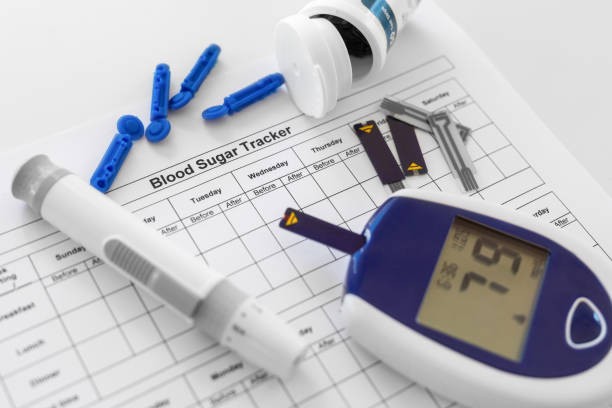Managing diabetes through diet is crucial for maintaining healthy blood sugar levels and overall well-being. For those living in Kenya, utilizing locally available ingredients can make meal preparation both nutritious and culturally relevant. This article explores strategies and tips for preparing diabetes-friendly meals using Kenyan foods.
Understanding Diabetes and Nutrition
Diabetes affects how the body processes blood glucose. Proper nutrition is vital for managing both Type 1 and Type 2 diabetes. Key principles include balanced macronutrients, low glycemic index (GI) foods, portion control, and regular meals.
Key Principles of a Diabetes-Friendly Diet
- Balanced Macronutrients: A mix of carbohydrates, proteins, and fats helps maintain stable blood sugar levels.
- Low Glycemic Index (GI): Foods with a low GI are digested slowly, leading to gradual blood sugar increases.
- Portion Control: Managing portion sizes prevents overeating and blood sugar spikes.
- Regular Meals and Snacks: Eating at regular intervals helps stabilize blood sugar levels.
Kenyan Foods for a Diabetes-Friendly Diet
Kenya offers a rich variety of foods that can be adapted into a diabetes-friendly diet. Here’s how to incorporate them effectively:
Meal Preparation Strategies

- Plan Ahead
Meal Planning: Plan meals for the week to ensure balanced nutrition and avoid unhealthy last-minute choices.
Grocery List: Focus on whole, unprocessed foods available in local markets.
Choose Healthy Carbohydrates Whole Grains: Opt for whole grains like brown rice (mchele wa kahawia), millet (wimbi), sorghum (mtama), and whole maize (mahindi mzima).
Fruits and Vegetables: Include low to moderate GI fruits and vegetables like spinach (mchicha), kale (sukuma wiki), carrots (karoti), and oranges (machungwa).
- Incorporate Lean Proteins
Plant-Based Proteins: Beans (maharagwe), lentils (dengu), and green grams (ndengu) are excellent sources.
Animal Proteins: Choose lean meats like chicken (kuku bila ngozi) and fish (samaki).
- Healthy Fats
Sources: Avocados (parachichi), nuts (karanga), seeds (mbegu za maboga), and olive oil (mafuta ya zeituni).
Moderation: Use fats in moderation to avoid excessive calorie intake.
- Limit Added Sugars and Refined Carbs
Natural Sweeteners: Use natural sweeteners like honey (asali) sparingly.
Read Labels: Check for hidden sugars in packaged foods.
- Fiber-Rich Foods
Benefits: Fiber helps control blood sugar levels and promotes satiety.
Sources: Vegetables, fruits, whole grains, and legumes.
Sample Meal Ideas
- Breakfast
Uji: Millet porridge made with water and a small amount of milk, sweetened with a bit of honey.
Vegetable Omelet: Eggs with spinach (mchicha), tomatoes (nyanya), and onions (kitunguu), served with a slice of whole-grain bread.
2. Lunch
Githeri: A mix of boiled maize and beans with added vegetables like carrots and spinach.
Chapati with Stewed Lentils: Whole-wheat chapati served with a lentil stew (dengu) cooked with tomatoes and spices.
3. Dinner
Grilled Fish: Grilled tilapia (samaki) with a side of steamed green vegetables and brown rice.
Chicken Stew: Lean chicken stew with mixed vegetables, served with a portion of ugali made from whole maize flour.
4. Snacks
Fresh Fruit: A small serving of low-GI fruit like oranges or a handful of berries.
Vegetable Sticks with Hummus: Carrot and cucumber sticks served with homemade hummus.

Preparing diabetes-friendly meals using Kenyan foods is both feasible and beneficial. By focusing on balanced macronutrients, low-GI foods, portion control, and regular meals, you can create delicious and nutritious meals that support blood sugar management. Embracing local ingredients not only makes meal preparation easier but also ensures cultural relevance and enjoyment. By incorporating these strategies into your daily routine, you can help individuals with diabetes lead healthier, more fulfilling lives.
Did you find this article helpful, please share it with your friends and family. Together, we can promote better dietary practices and support those managing diabetes.
Are you an aspiring caregiver , Click the banner below to enroll with us now and gain the ability to efficiently take care of not only Diabetes but other complications as well.

